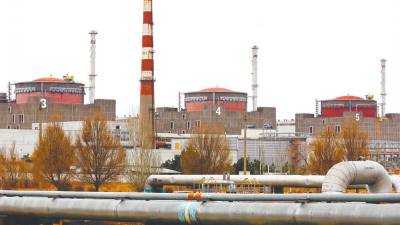
Analysis warns new data centre incentives could add 10 million tons of emissions annually
PETALING JAYA: Malaysia’s rapid data centre expansion could significantly drive up national greenhouse gas emissions, according to a new analysis by environmental watchdog RimbaWatch. In its report “Climate Impacts of Malaysia’s Data Centre Expansion”, the group estimated that 14 new data centres — including three completed between 2023 and November 2024, two under expansion, five under construction, and four proposed — will add 2.2GW of capacity nationwide. Its director Adam Farhan said in a statement today, of this, 1.7GW has no immediate renewable energy plans, meaning it will depend on Malaysia’s largely fossil fuel-powered grid. “Based on projected annual consumption of 12,920 GWh, the facilities could generate 9.9 million tonnes of carbon dioxide equivalent (tCO₂e) a year once fully operational. “That’s like putting over two million more cars on Malaysian roads. It’s also equivalent to the 2023 emissions of entire countries like Papua New Guinea,” he added. Adam said the high emissions figure stems from the country’s energy mix, which in 2022 was 81% fossil fuels. He emphasised that Malaysia’s plan to increase gas-fired power plant capacity by 50% to cater to rising data centre demand is inconsistent with the Intergovernmental Panel on Climate Change’s (IPCC) goal of limiting global warming to 1.5°C. “Therefore, we urge a rapid fossil fuel phase-out in data centre expansion, with a sector-wide carbon budget aligned to the 1.5°C target. “Additionally, only centres running on 100% renewable energy and adding extra capacity to the grid should be approved, while water use must be limited to protect household and sector needs.” He also stressed that all data centre projects must also undergo mandatory environmental impact assessments, which should be open for public consultation and permanently accessible to the public. “As the Investment, Trade and Industry Ministry (MITI) plans a new 2025 investment incentive framework for data centres with carbon and water indicators, we urge the ministry to set and enforce strict emissions and water-use limits. “This should include near- and long-term water budgets that account for household needs, other economic sectors, and climate risks.” The full RimbaWatch analysis and methodology are available at rimbawatchmy.com .